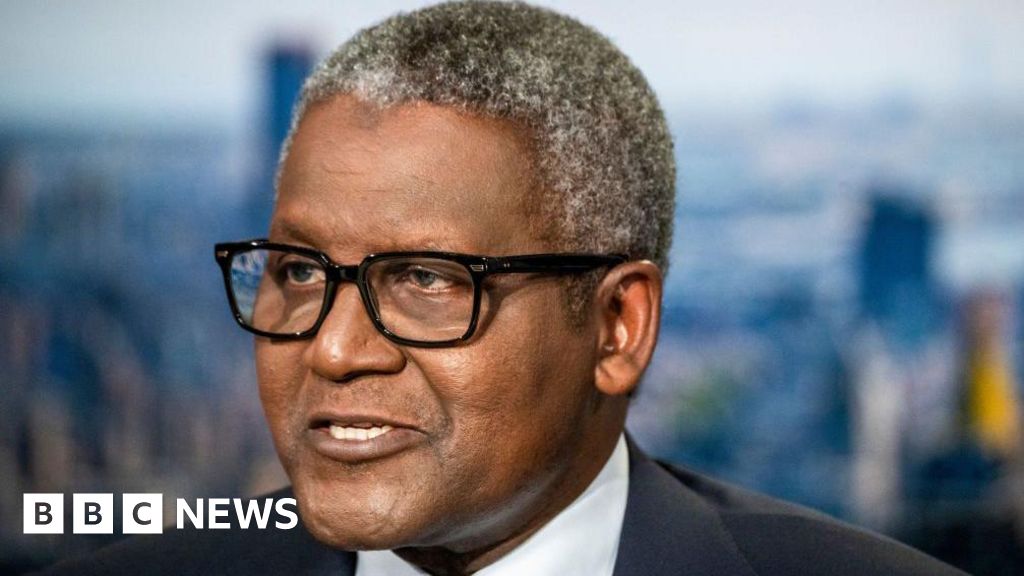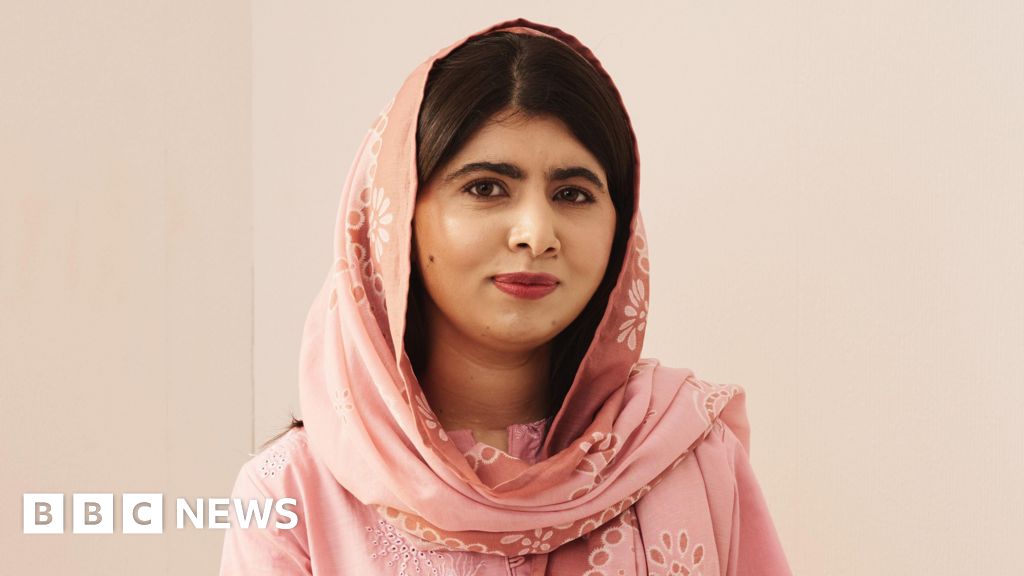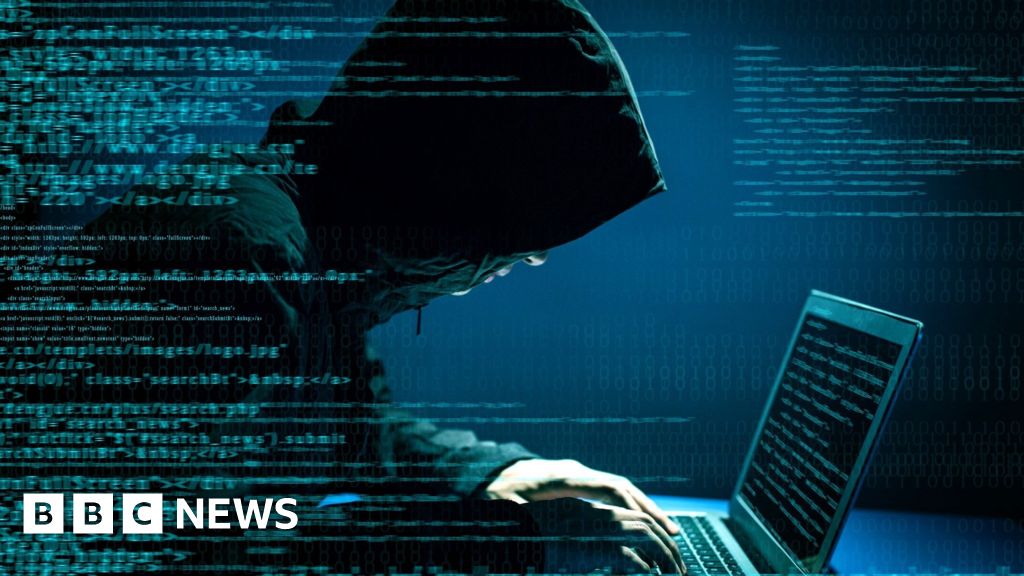ARTICLE AD BOX
By Tom Bateman
Dnipro, Ukraine
Image source, Getty Images
As Russian forces encircled Mariupol, a Ukrainian woman undertook an extraordinary journey into the besieged city to rescue her parents. She is among a small number of people who have braved the risk of attack or abduction to drive in through front lines and a blockade. She has told the BBC of the "apocalypse" she witnessed there.
Within days of Russia's invasion, Anastasia Pavlova understood what the war was going to mean for Ukraine. The 23-year-old escaped the bombardment of Kharkiv, a city where shelling of residential areas was "indiscriminate" - in the words of the local mayor - from the start. Anastasia and her fiance Abakelia went south, to the city of Dnipro. She felt safer here in the tower block apartment of Abakelia's family. But she agonised over the fate of her own parents, who lived on the outskirts of Mariupol.
Her mother, Oksana, had faith. She found peace in prayer, and tended the roses in their small brick-built bungalow in the Cheryomushki neighbourhood, an industrial suburb. For the 54-year-old religious studies teacher, the city is the country's most special. "It has a big name, Mariupol, named after the Virgin Mary," she explains.
But her prayers were being drowned out as Russian troops advanced.
Image source, Oksana Pavlova
Image caption,Before the war, Oksana taught religious studies - she says her students were safely evacuated
"Day after day, shells of various calibres were flying over the roof of our small house," says Oksana. "On the fourth day of war I started to think: 'I am not going to get through this.'"
Mariupol quickly descended into what one aid agency described as "hell", as Moscow's forces besieged the city. Amid the fighting, civilians had to scavenge for food and water - running water and electricity were cut off and communications collapsed. Many thousands were killed. Military checkpoints controlled movement in and out. Soviet-era Grad missiles - rockets launched from the back of military trucks in what is sometimes described as a "hailstorm" - hit the district where Oksana and her husband Dmitry have their home. "I couldn't catch my breath," she recalls, describing the devastation in Biblical terms. It was a tempest, she says.
WATCH: Drone footage from March shows extensive Mariupol shelling damage
Oksana managed to speak to her daughter in one scratchy phone call. She warned Anastasia: "Do not come." But in late March, five weeks into the war, Anastasia decided to try to drive to Mariupol - a journey fraught with danger and exceptionally rare to attempt other than by official humanitarian groups. She hired a driver and van from aid volunteers who were also trying to help evacuate people from the city. They left from Zaporizhzhia, north-west of Mariupol, and the last relatively safe city before the front line.
"No-one wanted to be the lead vehicle," explains Anastasia. "They thought that should someone want to fire at the column, they are going to shoot at the lead vehicle first. My driver was very brave. He said: 'We are going to be the lead vehicle.' I held onto my seat and thought: 'Okay, that's it, I've made my mind up, come what may.'"
Image source, Anastasia Pavlova
Image caption,Anastasia put on a brave face before driving to Mariupol
A photo was taken of them just before they set off. "I am smiling here," she says. "But I am frightened. I am as frightened as it's possible to be."
Anastasia felt increasingly anxious as they drove over 260km (160 miles) from Ukrainian-controlled territory, across front lines, navigating the first Russian checkpoint. She felt surprise at first, finding this manned by "skinny boys who were embarrassed to ask to open the car". As they moved further into Russian-occupied territory "more military" guards appeared, with DPR stripes on their uniforms from the Russian-backed self-proclaimed Donetsk People's Republic.
"At one of the checkpoints, while checking the documents, the military aimed the barrel of a machine gun at our heads," Anastasia says. They demanded to know why they were travelling in. She explained she was going to help her parents and bring medicine to her father.
She couldn't shake off the fear. "It feels like they are about to take your vehicle away or to shoot you, rape you. You constantly expect this to happen. It's scary. You realise that none of your rights are observed here," she says.
Meanwhile Oksana and her husband Dmitry were sleeping on the floor under blankets and pillows to survive in Mariupol. The house was shaking under shelling and blast waves. Her neighbour chopped wood to cook on a stove outdoors.
"Even in the shelling we realised that this connection between humans," says Oksana. "This help was like the saying they have in war - salvation is found in mercy, in mutual help. Somebody has a decent stove, we had some buckwheat. Others have some water left. We visited an elderly man in the neighbourhood. We were comforting each other, and that made me feel not so scared."
Image source, Anastasia Pavlova
Image caption,On the road to Mariupol
Anastasia didn't know if she would find her parents alive. They travelled for nine hours, arriving in a devastated city. She speaks of appalling journeys along mined roads, passing shallow graves through streets strewn with rubbish, which had been picked up by the wind.
They entered Mariupol shortly before curfew. Anastasia says it felt "like the end of the world".
"Around you are burning cars, tanks, holes in houses, black buildings with collapsed roofs. Crowds of very dirty people with empty eyes follow [our vehicles] along the mined road. Everything was taken away from them, relatives died.
"Initially, you are looking at the graves, and you are frightened and confused. But once you see about 10 of those, 20, you are just passing by. Maybe it's just me, but somehow it feels like you quickly become accustomed to these atrocities."
Image source, Getty Images
Image caption,Anastasia saw many graves in the city of Mariupol
They tried to get through the downtown area in the centre of the city but the fighting was intense. At a checkpoint there, Anastasia says they were dangerously close to shelling. Troops told them they had two minutes to move or they would fire on them. Instead, they decided to circle around part of the city further west. A night-time, curfew was approaching and they made their way to the western suburb of Volodarske, where they had heard a school was repurposed as a refugee camp.
"This was probably the second scariest experience," says Anastasia. "It was a pain to witness - as painful as those blackened buildings in Mariupol - the people in this refugee camp." She said the civilians inside were due to be taken by Moscow's forces the Rostov region in Russia and to Donetsk in eastern Ukraine. This process is referred to by Ukraine as "filtration" and condemned by the West as deportation. Moscow describes it as a humanitarian corridor to evacuate civilians. "There are people who have lost everything. They know that no-one will come after them. The camp is their only chance to survive," Anastasia says.
"What I saw inside made me very sick. On the floor and in the corridors, in the classrooms and the gym, people lie almost on top of each other. Everything is mixed - grandparents, women, children. It's hard to breathe there, and people had not had access to running water for a month," she says. "Terrible stories can be heard in the queue [for food]. One grandmother said she spent 10 days in the basement without food. She drank only one raw egg each day. After [hearing] these words, I began to cry," she says.
Anastasia says she witnessed an "apocalypse" that night in Mariupol. "I felt like everything collapsed inside of me. It seemed as if everything we believed in, everything good, my perception of people, the idea that we are living in civilised society... all of this [had been] wrong. [It was as if] I had been wrong all my life, that people are in fact barbaric and human life is not worth anything. And I dwelled on this that whole night and morning."
Anastasia reached her parents on the second day. "I could not rejoice, but I could not cry either," she says. She told her parents: "We will cry on Ukrainian territory."
Her mother Oksana calls Anastasia "a hero". Residents on the street were stunned that she had made it to Mariupol, and Anastasia says no-one knew what to take with them. She told her mother to fetch her favourite clothes. They managed to evacuate several of their neighbours. "On the bus we took out eight people."
Image source, Anastasia Pavlova
Image caption,Anastasia handed the van back to a volunteer after returning safely
But Anastasia still thinks of those who can't get out. "They have to try to stay alive, even if Mariupol is occupied. They are under fire every day. Many do not want to leave, they don't want to leave their homes, or the grave of a husband or wife."
Now her parents are in a safer city to the west of Ukraine, while Anastasia remains in Dnipro with her fiancé Abakelia. She carries guilt over the rescue, she says, because she got her parents to safety while others remain. "Every day I keep finding out that some of my classmates, some of my relatives, either get killed there or get injured," says Anastasia.
Dmitri, Oksana - with her cat - and Anastasia Pavlova after the rescue from Mariupol
Her mother Oksana reflects on Mariupol's nightmare. "Every crime comes with a punishment," she says. "The chalice of anger fills up… and there is God's rage." But she remains hopeful because, she says, salvation came from her daughter. "She's a role model to many people," says Oksana. "How to believe in the chance of being rescued - that to stay brave, you need to believe."

 2 years ago
48
2 years ago
48








 English (US)
English (US)